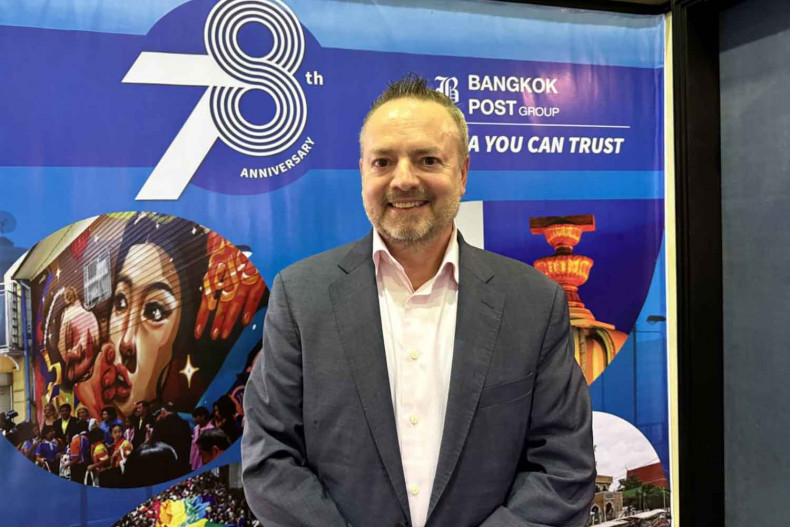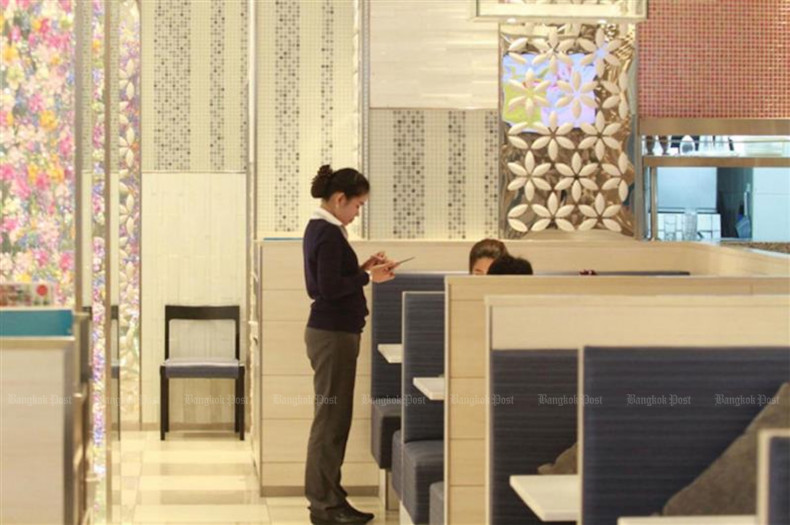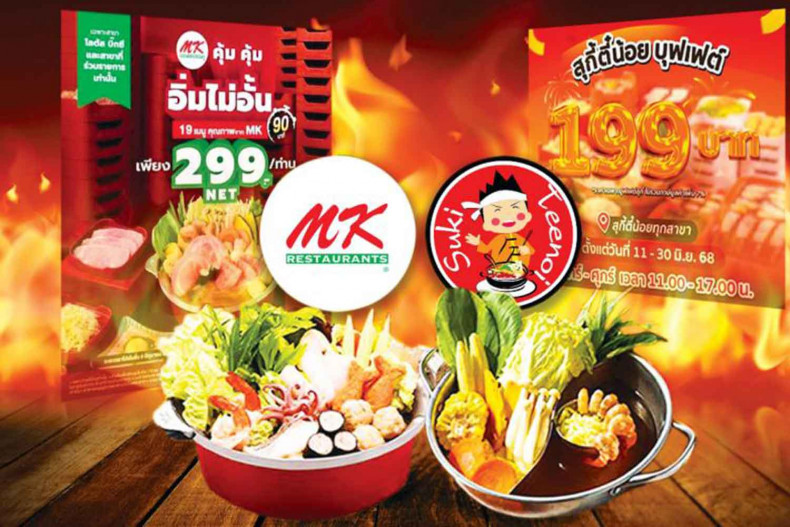
Thailand should have a casino tax rate that is competitive with Singapore and a substantial number of locals should be allowed to visit casino complexes, rather than solely serving foreign tourists in order to stimulate tourism and economic growth, says integrated resorts operator MGM Resorts International.
The operator is interested in investing in a US$3-5 billion casino facility in Bangkok.
Ed Bowers, president of global development at MGM Resorts, told the Bangkok Post new countries embracing integrated resort investments need to be competitive with other countries in the region, especially in terms of casino tax rates.
Singapore charges an average tax rate of 17% on a casino’s gross gaming revenue, while Macau and Japan set higher rates of 40% and 30%, respectively, said Mr Bowers.
He said it is important to allow local people to visit casinos.
Casino resorts in some markets are not a good fit because there is a mismatch between the government’s aspirations and an operator’s needs, such as in South Korea, which forbids locals to engage in gambling, said Mr Bowers.
A media report suggested an integrated resort located in the South Korean port of Incheon is up for sale due to financial constraints. He said this casino resort struggled to earn enough revenue because of the lack of visitors, particularly locals.
Mr Bowers said it is essential governments understand the fundamentals of how the casino business works, as they should not create policy without this knowledge.
The rules for Thais need to be reasonable, particularly concerning the entry fee, he said.
Entrance fees for locals visiting Thai casinos should not exceed Japan’s rate. Japan is developing its first casino and plans to collect ¥6,000 or roughly 1,400 baht per local wishing to enter, said Mr Bowers.
Regarding concerns over an uptick in gambling and money laundering following the passage of the entertainment complex bill, he said many operators, including MGM Resorts, have already demonstrated measures to ensure responsible gambling.
Mr Bowers said having a legal casino helps maintain or reduce gambling problems. The government can fund education and support programmes from casino taxes.
The development also benefits the local community by creating new jobs, a practice MGM Resorts follows when investing in new countries, he said.
“Integrated resorts not only have a significant impact on economies and tourism, but they also help to eliminate existing problems related to gambling,” said Mr Bowers.
He said the company prefers to invest in large casino resorts, and in terms of Thailand it would focus on Bangkok because of its ability to draw foreign tourists.
Mr Bowers said one large integrated resort should be sufficient for a big city, but if facilities are smaller, a metropolis such as Bangkok could possibly host two casinos.
He said preferred investment locations need to have a large population, easy access to airports and public infrastructure for foreign tourists, and be situated in an iconic location that tourists want to visit.
Mr Bowers said Thailand’s entertainment complex draft, which restricts the casino space to 10% of the total area, is reasonable.
In Japan, the casino area is capped at 3%, while two integrated resorts in Singapore have a casino space that is less than 5% of the total available space.
MGM Resorts prefers a 5-10% allocation, though the proportion for the casino area should be calculated based on each government’s policy and demand, he said.
For instance, in the US state of Pennsylvania, the local government wants to impose a high tax rate on casino properties, so the scale for casino space is relatively larger than for non-gaming space.
In contrast, larger projects in Las Vegas have less than 10% allocated as a casino area because otherwise they would not be able to generate significant gaming revenue, as there is enhanced competition in a market with 30-40 integrated resorts, said Mr Bowers.
Singapore adopted an oligopoly model as the country has only two resorts, with each casino able to generate six to eight times the amount of gaming revenue as those operating in Las Vegas, he said.
MGM Resorts operates numerous integrated resorts worldwide. In Asia, it owns two facilities in Macau, as well as MGM Osaka, which is scheduled to open in 2030.
credit : https://www.bangkokpost.com/business/general/3030715/mgm-resorts-urges-competitive-casino-tax.



